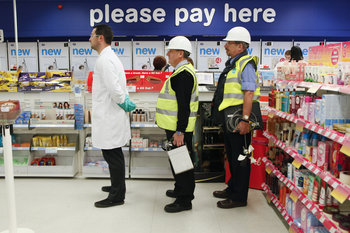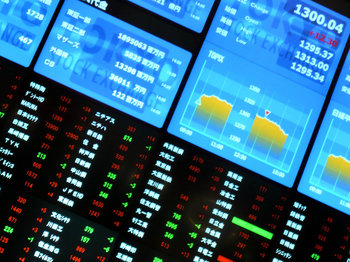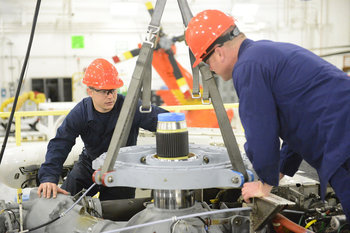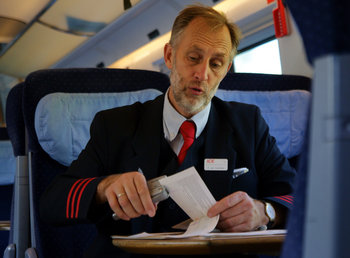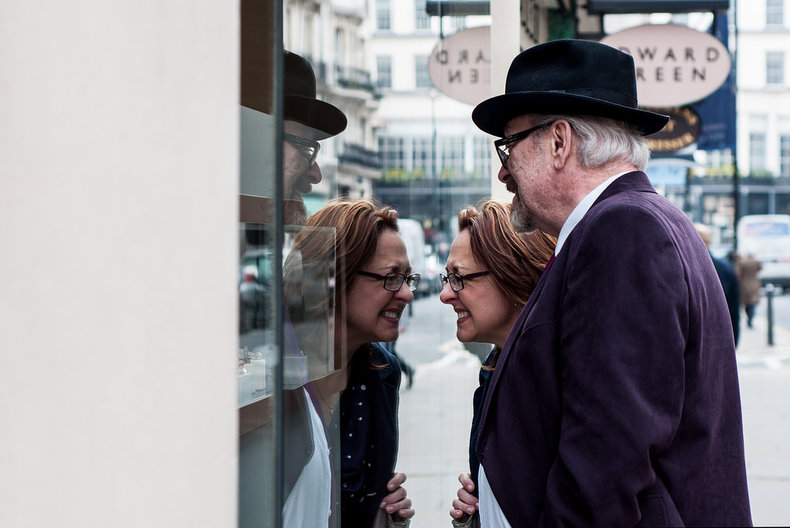
Businesses vs Individuals
In many cases, businesses are willing to pay more than individual customers. For example, airlines make great efforts to charge business travelers more with yield management techniques.Means
An individual's income, disposable income and wealth.Preferences
Enthusiasts for a particular product may be willing to pay more than those who view a product with indifference.Values
In many cases, customers are willing to pay more for products that align with their values. For example, a customer may be willing to pay more for solar electricity than electricity generated with a fossil fuel.Value Proposition
The value that is offered by a product or service. For example, a dog walking service may represent freedom and be extremely valuable to some customers.Emotions
A brand that is able to instill positive emotions may command a higher price point as customers purchase with emotions as opposed to cold logic. For example, a pleasing customer experience may lead to emotions such as gratitude that make a customer less price sensitive towards a business.Quality
Quality such as durability tends to command a higher willingness to pay.Reviews & Recommendations
Social information such as recommendations and reviews. A primary factor in industries driven by reputation systems such as the hotel industry.Brand Recognition
Customers may be willing to pay more for a brand simply because they recognize it.Situation
If you're stuck at the airport with nothing to drink, you may be willing to pay more for coffee. Brands may avoid charging more in this situation as it can build a sense of resentment. Charging more in a desperate situation such as a disaster is ethically questionable and potentially a compliance issue.| Overview: Willingness To Pay | ||
Area | ||
Definition | The price range that a customer is willing to pay for a product or service at a particular time and place. | |
Related Concepts | ||












